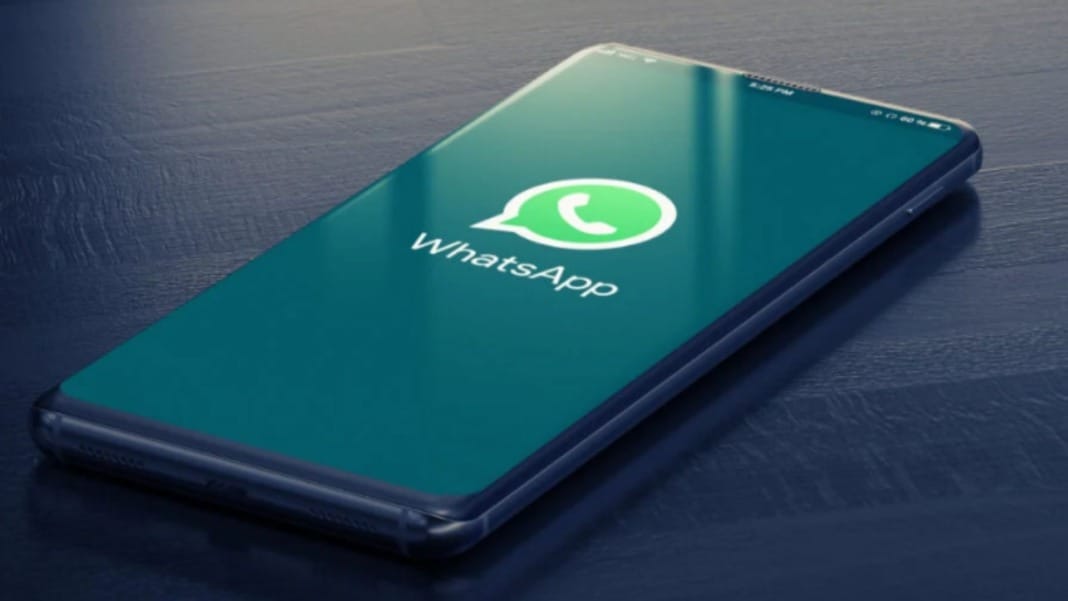WhatsApp is developing an exciting new feature that will allow you to create personalised avatars of yourself in any imagined setting. This development, seen in the latest WhatsApp Beta for Android version 2.24.14.7 by WABetaInfo, generates unique avatars using a combination of user-provided images, text prompts, and Meta’s AI Llama model.
How it works
To create your personalised avatar, you must take a few photos of yourself. These photos will be used to train Meta AI to generate images that look like you in various settings. Whether you envision yourself in a serene forest or outer space, this feature will bring your imagination to life.
According to a screenshot shared by WABetaInfo, you can imagine yourself “in any setting from the forest to outer space.” The examples provided are similar to those produced by other AI generators, such as Lensa AI or Snapchat’s “Dreams” selfie feature.
Once your photos are uploaded, you can generate your avatars by typing “Imagine me,” followed by a description of the desired settings in the Meta AI chat. You can also use the feature in other WhatsApp conversations by typing “@Meta AI, imagine me…”.
Optional feature
The feature will be optional, meaning you must enable it manually in the WhatsApp settings before using it. Importantly, you can delete the reference images anytime through the Meta AI settings, ensuring you have control over your data.
Release timeline
There is currently no information on when the Imagine AI selfie feature will be available to all users. WhatsApp is still in the process of rolling out support for its Meta AI chatbot and more general real-time AI image generation for users in the US. Given the challenges faced with previous generative AI tools, Meta is taking a cautious approach with this new feature.
As we await the official launch, WhatsApp is clearly committed to enhancing your messaging experience with innovative and creative tools. The potential to see yourself in various fantastic settings is an exciting prospect, and it’s only a matter of time before this feature becomes a reality.





